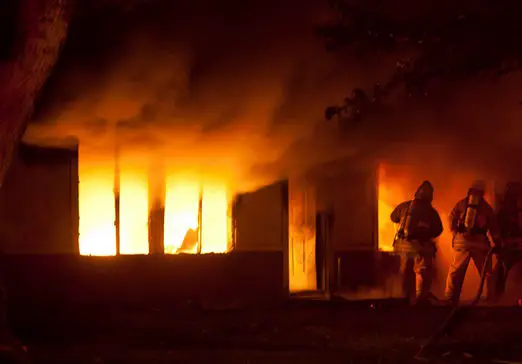This in from the council, in their own words. Ed
Last year, the fire service was called to 28 chimney fires on the Isle of Wight, seven of which involved log burning stoves.
Julian Fountain, community prevention manager, said:
“Open fires can be cosy and a cheaper way to stay warm but a chimney fire is a chilling and expensive experience. Not only could it damage your home but it could also put the lives of you and your family at serious risk.”
Blockages
When a chimney is not in use during large parts of the year, it can become blocked with items such as bird nests, cobwebs or loose bricks. All of these can increase the risk of harmful gasses such as carbon monoxide not being able to travel safely out of the flue.
By sweeping the chimney it ensures gasses can leave the flue safely. It also lessens the chances of a chimney catching fire.
The cleaning of chimneys should always be undertaken by a professional chimney sweeping company.
How regularly should you sweep chimney
If you use a specific type of fuel in your home fire, the fire service has guidelines on how often you should sweep your chimney, although these should be discussed and clarified with your chimney sweep or installer if you are planning on fitting a new system.
The guidelines are:
Smokeless coals – at least once a year
Wood – up to four times a year
Bituminous coal – twice a year
Oil – once a year
Gas – once a year
Image: adambelles/ under CC BY 2.0





